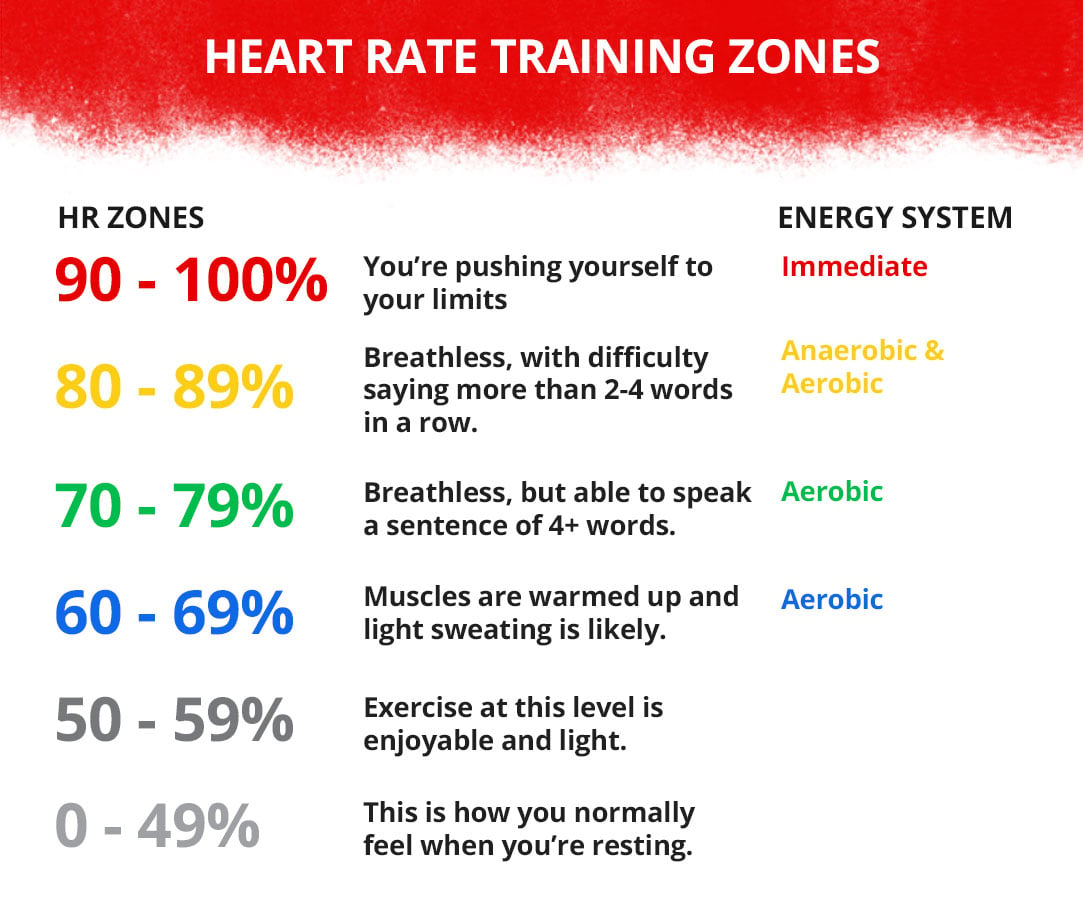Improve Your Self-Esteem with Exercise
Do you have a positive perception of yourself and your abilities? Research has very clearly shown a strong link between positive self-esteem and mental and physical health. Unfortunately, many children, adolescents, and adults are suffering from low self-esteem. In fact, the number of individuals experiencing low self-esteem is higher now than ever before. The good news is that there are many steps we can take to combat low self-esteem. In this blog post, we will explore exercise as an option to elevate self-esteem.
Self-esteem is defined as our evaluation of our self-concept and feelings associated with that evaluation. Self-concept is our perception of our attributes and qualities. What is your self-concept? What is your evaluation of your self-concept?
Self-esteem is multifaceted and involves our global judgement of ourselves (physical, mental, social, emotional, etc.).
Most of us have experienced low self-esteem at one point or another in our lives. Signs of low self-esteem include negative self-talk (the way you talk to yourself in your mind), comparing yourself to others, and focusing on the negatives or mistakes in your life and ignoring the positives and accomplishments. If you would like, you can take the Rosenberg Self-Esteem Assessment online (scores below a 15 indicate a low self-esteem). If you are concerned about your self-esteem level, please reach out to a mental health professional.
Even if you have a relatively high self-esteem, you will be well-served by practicing self-esteem enhancing strategies. Here is a list of several strategies you can use on a regular basis. We will first define each of them and then focus on exercise as a strategy.

Positive self-talk: The way we think about and talk to ourselves very strongly influences our self-esteem. If you notice that you are spiraling into a habit of negative self-talk, literally say to yourself (in your head or out loud), STOP, and then re-frame the thought. For example, if you miss a day of exercise and start to say to yourself, “I’m so lazy – why can’t I just get to the gym…”, say, “ STOP!” and re-frame it with something like, “Ok, no workout today, I had too many other things that took priority and didn’t plan ahead well. No worries, I’ll make my plan for tomorrow now so that I am sure to get back on it.” Move forward positively.
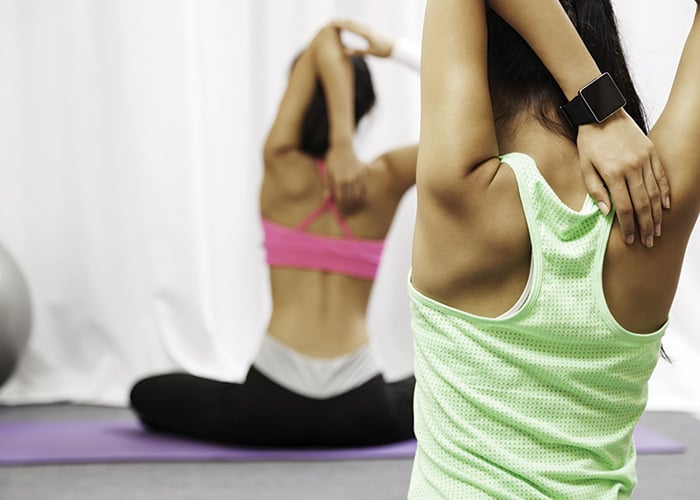
Focus on what is under your control: There are many circumstances that we have very little control over. It is important to realize the things we do have control over and focus on those. We need to spend our time and energy focusing on what is within our sphere of influence, and let go of the rest.
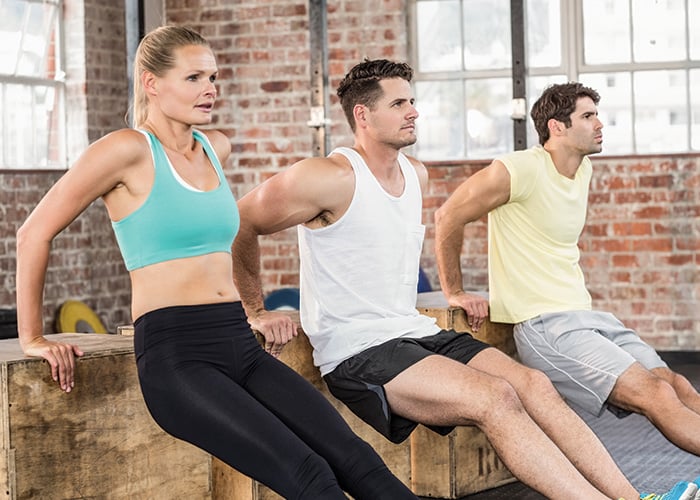
Find your tribe: Have you ever heard that you start to become like the 5 people you spend the most time with? It is so important that we surround ourselves with positive people, with friends who are going to give us an honest, but positive assessment of who we are and our worth. If you find that the folks you are hanging around send you into a negative spiral, it might be time to find a new tribe.
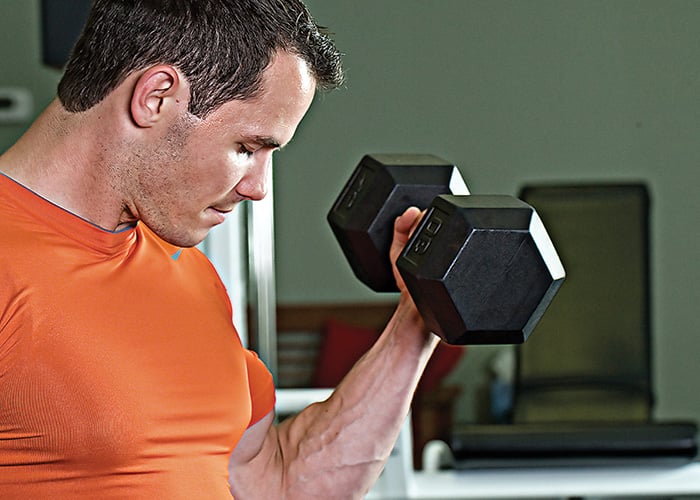
EXERCISE: Research has shown time and again that exercise can significantly increase our self-esteem. There are many mechanisms by which exercise increases our evaluations of our self. First, in the short-term, exercise enhances our mood and puts our mind in a more positive state. Second, in the long-term, exercise makes us feel good about our physical self – our abilities and physique. Last, and in both the short and long-term, exercise provides us with a sense of accomplishment that boosts our confidence.
Here are a few tips on how to effectively use exercise to enhance your self-esteem:
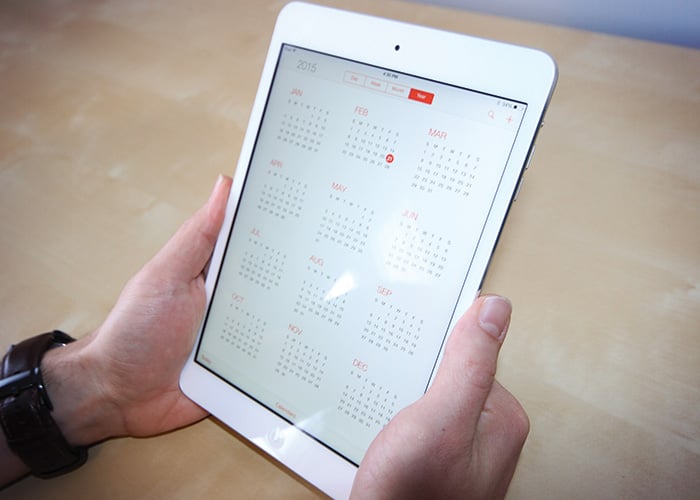
Make a realistic game plan: Set yourself up to succeed by planning your exercise routine in advance and being honest about the time and energy you have to dedicate to your exercise that week/month. Set a goal for the number of MEPs you would like to earn each week and each month (you can do this via your MYZONE App).

Exercise with a friend: Engage a positive friend in your exercise pursuits and you will have a double-whammy in self-esteem boosting power! MYZONE allows you to engage Social Connections as well, so you can engage with friends who are not physically with you. You can still see one another’s workouts and encourage each other.
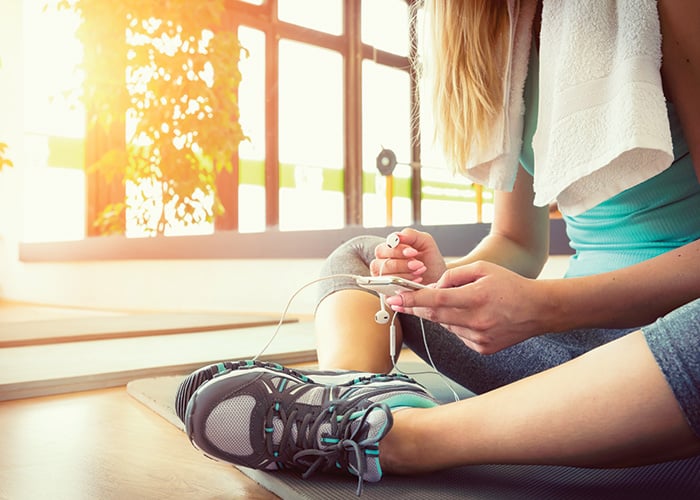
Track your progress: This is where the MYZONE system will especially come in handy! In addition to having a record of every minute of every workout you do, you can also track your body metrics to assess changes and can even take progress pictures to monitor over time. Further, MYZONE provides you with a status update that rewards consistency. If you accumulate 1300 MEPs or more each month, you will move up from ‘Iron’ status to ‘Hall of Fame’ status over 4 years. ‘Hall of Fame’ status indicates that for 4 years in a row, you have met the recommended guidelines for physical activity for healthy adults – what an accomplishment!!!

Celebrate your accomplishments: For each goal you hit, make a big deal out of it! Decide in advance how you will celebrate your accomplishment, and then go for it! Take time to reflect on the hard work that you put into achieving your mission, and give yourself kudos!
Every time you put your MYZONE belt on, take a deep breath and think to yourself, “I am doing a good thing for myself and for all of those I care about by taking care of my body! I am proud!”
We want to know how your workouts are going! Post your workouts and MYZONE Workout Summaries on Twitter, Facebook, and Instagram using the hashtags #MYZONE, #myzonemoves, and #effortrewarded.
For more tips on how to use the MYZONE heart rate monitor, visit www.myzone.org.
Keep moving forward!
Share this
You May Also Like
These Related Stories

Why use heart rate to measure caloric expenditure?
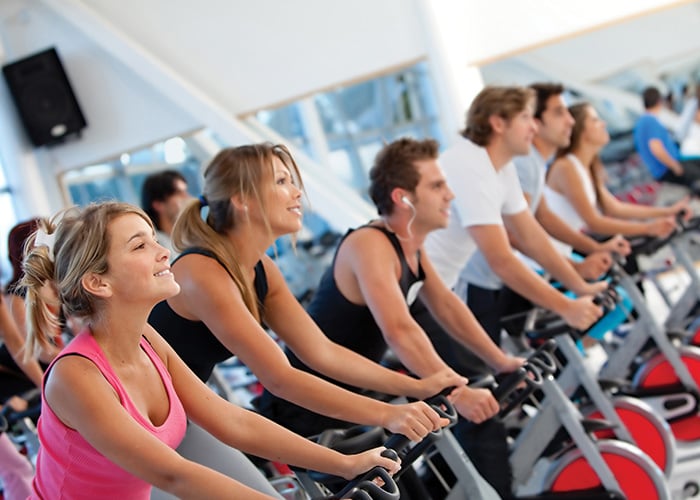
Your Heart – The Most Important Muscle of All
